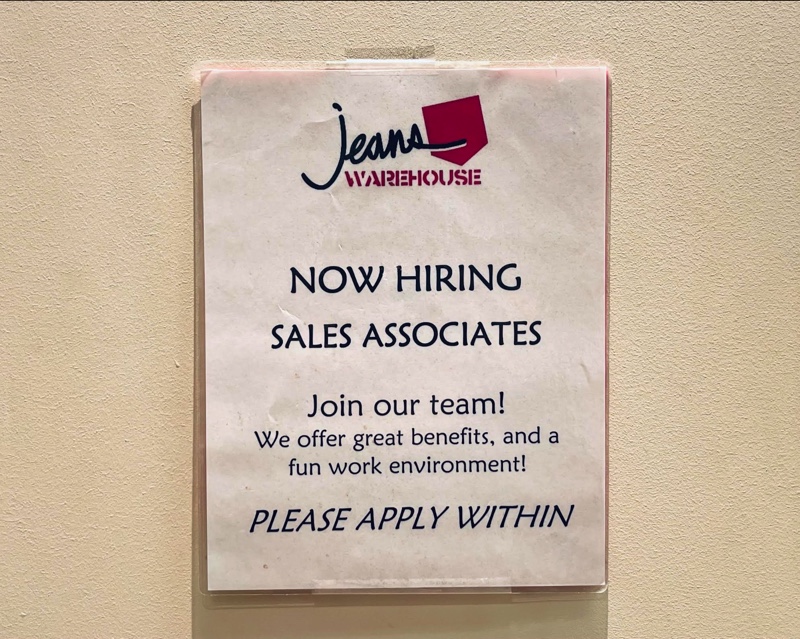Hawaii Workers React to Minimum Wage Increase
The long overdue increase of minimum wage finally happened on Oct. 1.
On Saturday, with the start of October, Hawaii minimum wage workers were pleased that their pay increased from $10.10 to $12 per hour. Although they are also disappointed about the effectiveness of the increase.
Minimum wage had been at $10.10 for four years and with inflation increasing, workers wondered why the increase hadn’t happened sooner.
“I’m beyond happy that the minimum wage is increasing,” said Chelsey Gono, an 18-year-old high school senior who works at a retail store at Kahala Mall. “However, I still don’t think it’s a substantial enough pay. We live in Hawaii, which is the most expensive state to live in. California’s minimum wage is $15. Why isn’t Hawaii like that? There’s a reason why there are so many people who end up living on the streets here.”
In June, Gov. David Ige signed legislation increasing the state’s minimum wage to $18 per hour by 2028. Hawaii is the first state to enact an $18 minimum wage. Saturday was the beginning of the six-year timeline law in motion. After 2022, the minimum wage rate will rise by $2 every two years until it hits $18 on Jan. 1, 2028.
With an increase of $1.90 an hour, that’s an additional $76 a week (for a 40-hour week), which is a total of an extra $304 a month. That is a significant increase but according to Payscale, the cost of living in Hawaii is 93% higher than the national average, and living off a minimum wage job alone is not enough.
The past minimum wage of $10.10 has been in effect since 2018. After four years, long overdue changes are finally happening. Especially living in Hawaii, the cost of living exceeds the amount of working off minimum wage.
According to The Living Wage Calculator from the Massachusetts Institute of Technology, one adult living in Hawaii needs to make at least $22.69 an hour, roughly $47,195 a year, to meet basic needs. Living off the current minimum wage is a salary of 24,960 a year, which is nearly half of the ideal cost of living in Hawaii.
“I think it’s good that the minimum rate is increasing but with the intended level of increase over the next six years, we will still be behind as inflation rates also increase,” said Sarah Carroll, a Chaminade University junior who works on campus in the Advancement Office. “It’s like a drop of water in a bucket. It’s something but not enough. As much as I want to, I know living here in Hawaii after I get my degree is not an option because of how expensive the cost of living is. I am currently working four jobs and it still wouldn’t get me by. I would rather live somewhere else because the living costs here are so ridiculously high and I wouldn’t be able to afford it.”
While working four jobs (Boston’s Pizza, Variety School, paid research, and the Advancement Office) Carroll, 21, manages school being a full-time student. She said that her main reason for working multiple jobs was to help build her resume and get free food. However, she wanted to become financially independent when she moved to Hawaii two years ago from Cleveland, Ohio and having multiple jobs allowed her to do so.
As of now, with the new bill, Hawaii could have the highest minimum wage rates in 2028 in the nation. However, unlike Hawaii, other states automatically boost their rates when the cost of living increases. This is why states like California are currently at $15. Given inflation, states could surpass a higher rate than Hawaii’s intended rates.
“$18 an hour may sound like a lot now, but by 2028 it still won’t be enough,” said 22-year-old Precious Scanlan, a Kahala Mall retail worker who’s worked minimum wage since she was 16 years old.
Over the course of six years, Hawaii will be on a path to providing minimum wage workers a closer pay rate to meet the average cost of living in Hawaii.
“Getting paid $12 an hour now is much appreciated,” Scanlan said. “I know it may not seem like much but I’ll take it because anything helps.”
